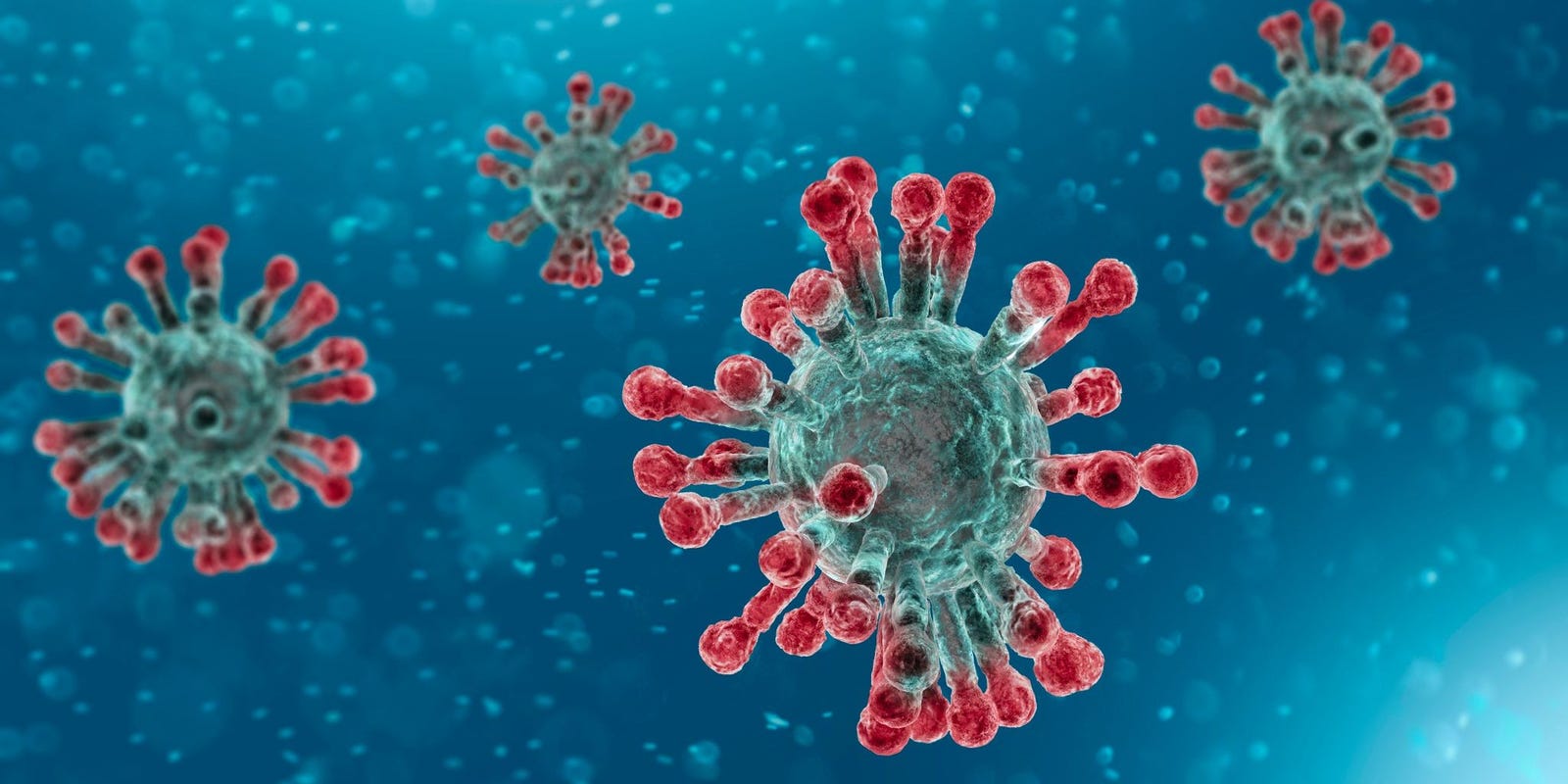CLOSE![]()
The secret to fighting COVID-19 could be in recovered patients. Here’s how antibodies could lead to a treatment for those fighting coronavirus.
USA TODAY
The over-the-counter antacid Pepcid is trending online and it’s not because we all have collective heartburn over the coronavirus epidemic.
News leaked earlier this week that a health network in New York City was testing high intravenous doses of famotidine in COVID-19 patients, based on something an American infectious disease doctor working in China had reported.
There is so far no data supporting the theory, but that hasn’t stopped it from taking on a life of its own online.
“Unfortunately, there’s sometimes all this buzz up front because of some test tube findings or something along those lines, but it doesn’t end up bearing out in patients,” said Jim Lewis, clinical supervisor for infectious disease in the department of pharmacy services at Oregon Health & Science University in Portland, Oregon.
Coronavirus is ‘shaining a bright light’ on the ills of poverty: What now?
“We can’t reiterate strong enough to absolutely not take this drug without talking to your health care provider first,” he said.
Famotidine, sold as Pepcid, is used to treat excess stomach acid by blocking H2 receptors on the surface of the stomach cells that release acid.
The idea came from something Michael Callahan, an infectious disease doctor at Massachusetts General Hospital, saw when he was working in the Chinese city of Wuhan just as the coronavirus epidemic began to take off there.
Doctors noticed many of the people surviving COVID-19 tended to be poorer, he told a reporter with the journal Science in an article published in its news section Sunday. They noticed that many of the survivors had chronic heartburn and took famotidine rather than omeprazole, sold in the United States as Prilosec, which is much more expensive.
The Chinese doctors looked at more than 6,000 patients and found a slightly higher number of those taking famotidine recovered than those who didn’t take the medicine. The number wasn’t high enough to be statistically significant, meaning it could just as easily be attributed to chance.
To find out if it was meaningful, Callahan contacted Kevin Tracey at Northwell Health in New York City. Partly funded by the U.S. Biomedical Advanced Research and Development Authority, a double-blind randomized study was launched on April 14, according to Science.
‘Our moon shot’: The world needs a coronavirus vaccine ASAP. Despite drugmakers billion-dollar bets, one might not be available for years.
Their working theory is that famotidine might bind to a protein that helps the SARS-CoV-2 virus reproduce.
Lewis noted that the targeting mechanism could be similar to some HIV medications which have also been tried on COVID-19 but unfortunately were not effective.
The patients in the study are being given an IV-dose of famotidine nine times more than the dose people take for heartburn. Famotidine can cause heart problems in people with decreased kidney function so they were excluded from the study.
Because so many patients at Northwell Health were also being treated with hydroxychloroquine, an anti-inflammatory drug that also has not been proven to be an effective treatment for COVID-19, they were only able to test a combination of the two drugs.
It was not a controlled study, meaning one group of patients receives a drug and a similar group does not. That makes it very difficult to know if the patients would have gotten better without the drug.
When will a second wave of coronavirus hit in US? What what will it look like?
Instead, the researchers plan to compare the patients getting the drugs with patients treated earlier in the outbreak. Northwell’s Tracey told Science, “Is it good science? No. It’s the real world.”
Doctors caution that most COVID-19 patients recover despite there being no approved treatments.
Currently, death rates for COVID-19 patients hospitalized with serious symptoms appear to be between 5 and 10%, so the majority of patients will get better on their own, said Adarsh Bhimraj, an infectious diseases physician at Cleveland Clinic.
It’s too easy for clinicians to presume if a patient gets better “it’s because of the medication we gave them, and if they don’t get better we presume it’s because of the disease,” Bhimraj said.
The lack of data makes it impossible to know if famotidine has any actual effect on COVID-19 patients. As scientists like to say, “Correlation is not causation.” That means that just because two things tend to happen together, one does not cause the other.
It could be that the Chinese peasants got better in higher numbers because they’re more physically fit or they drank less (or more) alcohol or they spent more time out of doors and therefore had higher levels of Vitamin D from sunlight. Or it could be that famotidine does in fact help treat COVID-19.
Until scientifically valid data from a well-designed clinical study is available, it is impossible to know.
John Scott, chair of the department of pharmacology at the University of Washington School of Medicine said he had no idea why or how this particular H2 blocker is supposed to work against COVID-19, but the researchers appear to be applying the proper scientific principals.
“The fact that the authors acknowledge that the results are not yet statistically significant suggests that they are taking a rational and empirical approach to their analyses,” he said.
Autoplay
Show Thumbnails
Show Captions
Read or Share this story: https://www.usatoday.com/story/news/health/2020/04/28/pepcid-treat-covid-19-theory-trending-online-coronavirus/3043325001/






